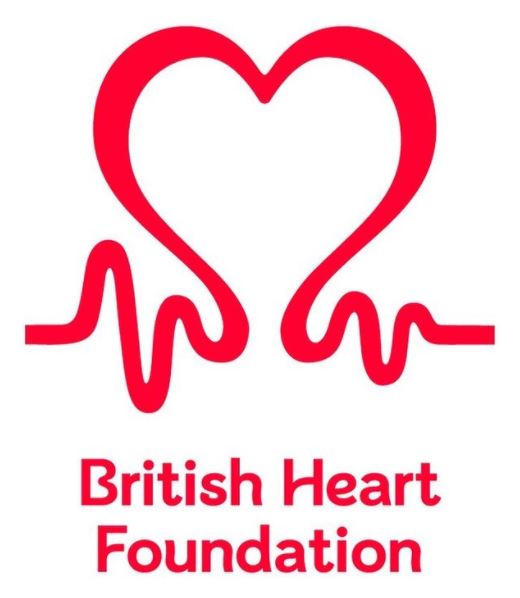Welcome to the fourth in the series of what happens to our… Today we are going to be talking about reuse items with the British Heart Foundation. I thought it would be a good idea to split three different types of reuse facilities on campus so that each can be fully explained.
The British Heart Foundation (BHF) is our most successful student reuse scheme that we have, we’ve been donating to the BHF since the summer of 2014 and each year we are donating more and more, which is amazing, however it brings the question are we still buying too much?
The BHF was founded in 1961 and its vision is a world free from the fear of heart and circulatory disease. They raise money so that they can support people who are unwell, research diseases, teach those in the public through actions such as CPR and use their research is teaching NHS staff and contribute financially to the health care service.
So how are we involved? When you donate using one of our BHF donation points, map is on our webpages, those items are collected and taken to the BHF store in Canterbury by one of their volunteer drivers. On arrival they sort through the items donated, items accepted are; clothes, shoes, bags, other textiles, books, cd’s, dvd’s, games, homeware and much more. We exclude electrical items (the University’s decisions due to the WEEE regulations) and sharps. Even if you have a t-shirt that you don’t think someone would really want to wear still donate as they make rags from any unsellable items and sell to customers like the railway, which they use during the maintenance of the trains. The majority of the items will then stay at the Canterbury store to be sold, however they can move stock between shops depending on what they find is popular, for example the Canterbury store can get some high end items from you students including designer bags which they would keep. University stores tend to keep the higher quality items due to the types of customers they can attract.
Each bag that you donate will provide the BHF with around £14 once sold within a shop and so the value that can be created is amazing. That being said in the 2018/2019 academic year donations from the University totalled 3,861 bags weighing 28.89 tonnes, a 16.82% increase from the previous year, with the incredible value of £54,054!!
100 bags could help find a cure by funding one of the BHF young scientists for seven days. They currently provide the salaries for around 500 post-doctoral scientists who work in research team’s right across the UK on projects to better understand how to diagnose, prevent, treat and cure heart disease. This shows how much your donations can have such an impact to the charity and its work.
Join us next month to find out what happens to our….reuse part 2, Stuff (Student Foodbank and Freecycle)
If you have any questions or want to find out more please reach out through our Instagram, twitter or email and there is also lots of information including the A-Z of waste on our webpages.
